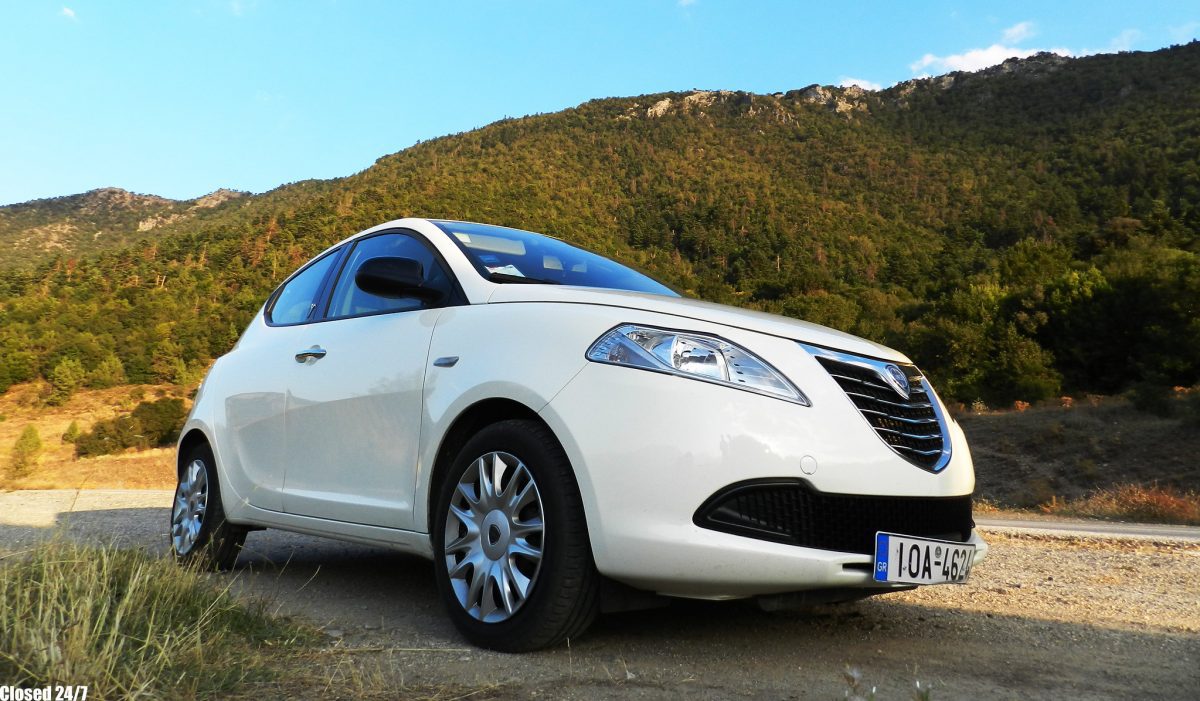Booking.com Warns Car Partners About Using Over-the-Top Promo Lingo

Skift Take
Booking.com is warning its transportation partners against using phrases the company bans from promotions in an effort to avoid regulatory penalties.
For example, Booking.com tells transportation partners such as car rental companies not to use phrases such as “Best price — guaranteed!” In the section of its December 2021 Partnerships Playbook about “what not to say,” the Amsterdam-based online travel agency, a unit of Booking Holdings, stated: “We cannot guarantee that our prices are the best prices. We offer a best price guarantee whereby if a customer finds a like-for-like car cheaper on another website, we will match the price. However, our default prices are unlikely to be the lowest on the market, therefore, we cannot use guarantee*d*.”
Of course, Booking isn’t alone. Other online travel agencies have rules, too, pertaining to promotional language.
In another example of what not to do, Booking.com advises partners to avoid “over-exaggerated savings claims” with artificially elevated strikethrough prices. “Statements such as these are misleading and can lead to investigations by regulators and if not substantiated, are deemed automatically unfair,” the playbook stated.
When it comes to prices, Booking.com advises partners not to use the word “best.” “We generally avoid the word ‘best’ when associated with price as ‘best’ is often deemed to be cheapest which we are not,” the guide stated.
Booking.com has issued advisories of this type to partners in the past, but it’s unclear how marching orders have changed in response to increased regulatory scrutiny, particularly in the UK and Europe, for all online travel companies in the past few years.
After competition investigations, in 2019 and 2020 Booking.com made certain commitments to regulatory authorities in the UK and the European Union about the way it displays hotel prices and the manner in which “discounts and statements concerning popularity or availability are shown to consumers,” according to a financial filing in February.
Expedia Group pledged similar changes in the UK and European Union to the way it presents “search results rankings and algorithms, discount claims, disclosure of charges, and availability and similar messaging,” according to its own financial statement in February.
In a forward to its December 2021 Partnerships Playbook, Booking.com wrote: “Under new regulations, it’s really important that you promote our products fairly and accurately so that we can avoid financial penalties and continue growing together, so we’ve created this document to make it as easy as possible for you to avoid any unnecessary compliance risks.”
The backdrop to the heightened regulatory scrutiny is that the European Union is considering designating Booking.com a dominant “gatekeeper” as it considers new rules on digital markets.
Speaking at a financial conference Monday, Booking Holdings CEO Glenn Fogel said although he would be disappointed if the company were designated as a gatekeeper, the new regulatory framework could end up benefitting the company.
“Then the next thing is how it’s going to, actually it could impact some other people in the industry, much more than us, which could actually be a benefit to us,” Fogel said. “We’ll see how it plays out. And we’ll just have to wait until things like Google. What does it mean for them and how people can use Google or not? Who knows? We’ll find out.”
Skift became aware of the Booking.com guidance to transportation partners when Twitter user @travelfish posted: “So Booking has suddenly decided they need to tell affiliates (and seemingly, ex-affiliates like me) that one should be honest with consumers — not because that is that right thing to do of course, but because the EU passed some pesky rules.”
https://twitter.com/travelfish/status/1467833487298154497?s=21
Online travel companies years ago had a much more freedom to use language that might be considered pressure selling tactics such as “Last Chance! Only 1 left.”
In the interim, European regulators in particular have clamped down.





